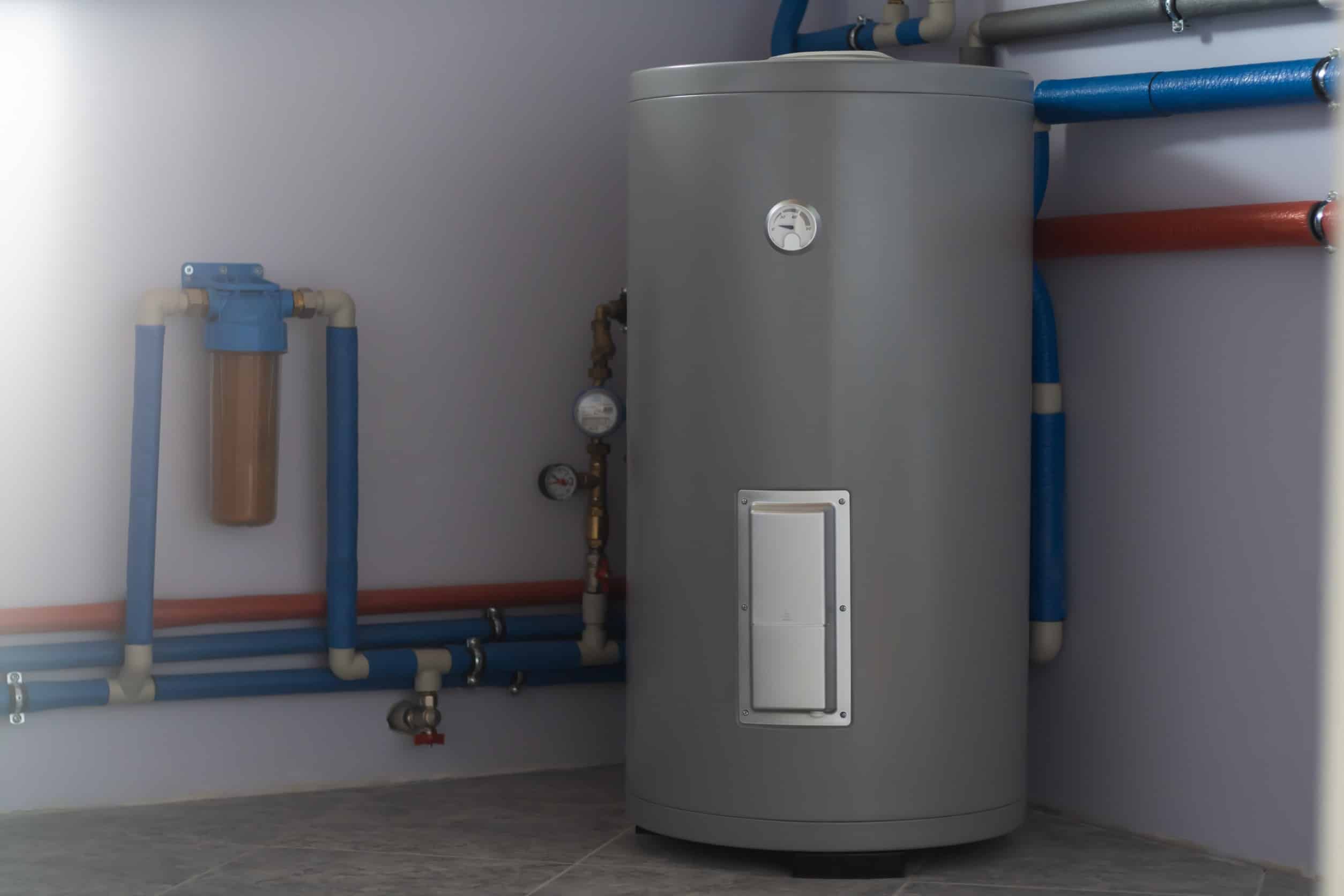Imagine this scenario: you’ve hit the snooze button one too many times and now you’re in a frantic rush to get to work punctually. Desperately needing a swift, 5-minute shower, you turn on the water—only to discover there’s no hot water. A malfunctioning water heater is the last thing anyone desires, and such inconveniences never occur at a convenient moment.
Here are several other indicators that suggest it might be time to consider replacing your water heater.
Your Water Heater Is Nearing the End of Its Lifespan
Typically, the longevity of a water heater spans 8-12 years. If yours is nearing or has surpassed this age range, it’s likely prudent to contemplate a replacement.
Leaking Water Heater
A leaking hot water heater undoubtedly necessitates a replacement. Leakage can inflict significant water damage upon your abode and pose a safety risk.
Rust-Colored Water Emanating from Plumbing Fixtures
If water from your taps appears rust-colored, it might indicate internal rusting within your water heater, which could infiltrate your piping system. This is a serious concern and will likely necessitate the water heater’s replacement.
Unusual Noises Emanating from Your Water Heater
If your water heater produces knocking, buzzing, popping, or hissing sounds, it may indicate sediment accumulation or a failing heating element. These problems can often be repaired, but if the system is older, it might be more cost-effective to replace it.
Inefficient Performance
If your system fails to meet your hot water demands or takes longer to heat, it may be time for a replacement. This could stem from various factors, such as a failing heating element or a general decline in the unit’s overall efficiency.
Before deciding on a potential water heater replacement, consider the following:
Cost – Selecting a water heater appropriately sized for your home is crucial. Costs can vary between tank and tankless water heaters, with tankless models typically being pricier initially. However, they are more efficient in the long run, leading to savings on monthly operating expenses.
Fuel Type – Water heaters are available in various fuel types, including natural gas, propane, and electric. Each type has its own advantages and disadvantages, so consider your fuel options before deciding.
Energy Efficiency – Water heaters are rated based on their energy efficiency, with higher ratings indicating a more efficient unit. Choosing a more efficient water heater can save money on energy bills over time.
Warranty – Ensure you select a water heater with a good warranty. This provides peace of mind and protection should anything go awry with the unit.
Replacing a water heater is a significant decision. However, our experts at Express Water Heater & Plumbing Services can assist in determining whether a replacement is necessary or if a repair would suffice. Contact Express Water Heater & Plumbing today to schedule service at (860) 532-4152.



